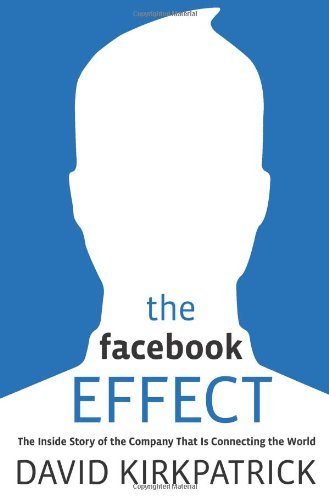What do you think?
Rate this book


384 pages, Hardcover
First published January 1, 2010
Reed, middle-aged with short blond hair framing a round face and a New Age propensity to wear wooden beads wrapped around her wrist, wasn't interested.
...Ruchi Sanghvi, a beatific Carnegie-Mellon computer engineering graduate with a round face and long black hair.
Sandberg is an elegant, slightly hyper, light-spirited forty-year-old with a round face whose bobbed black hair reaches just past her shoulders.